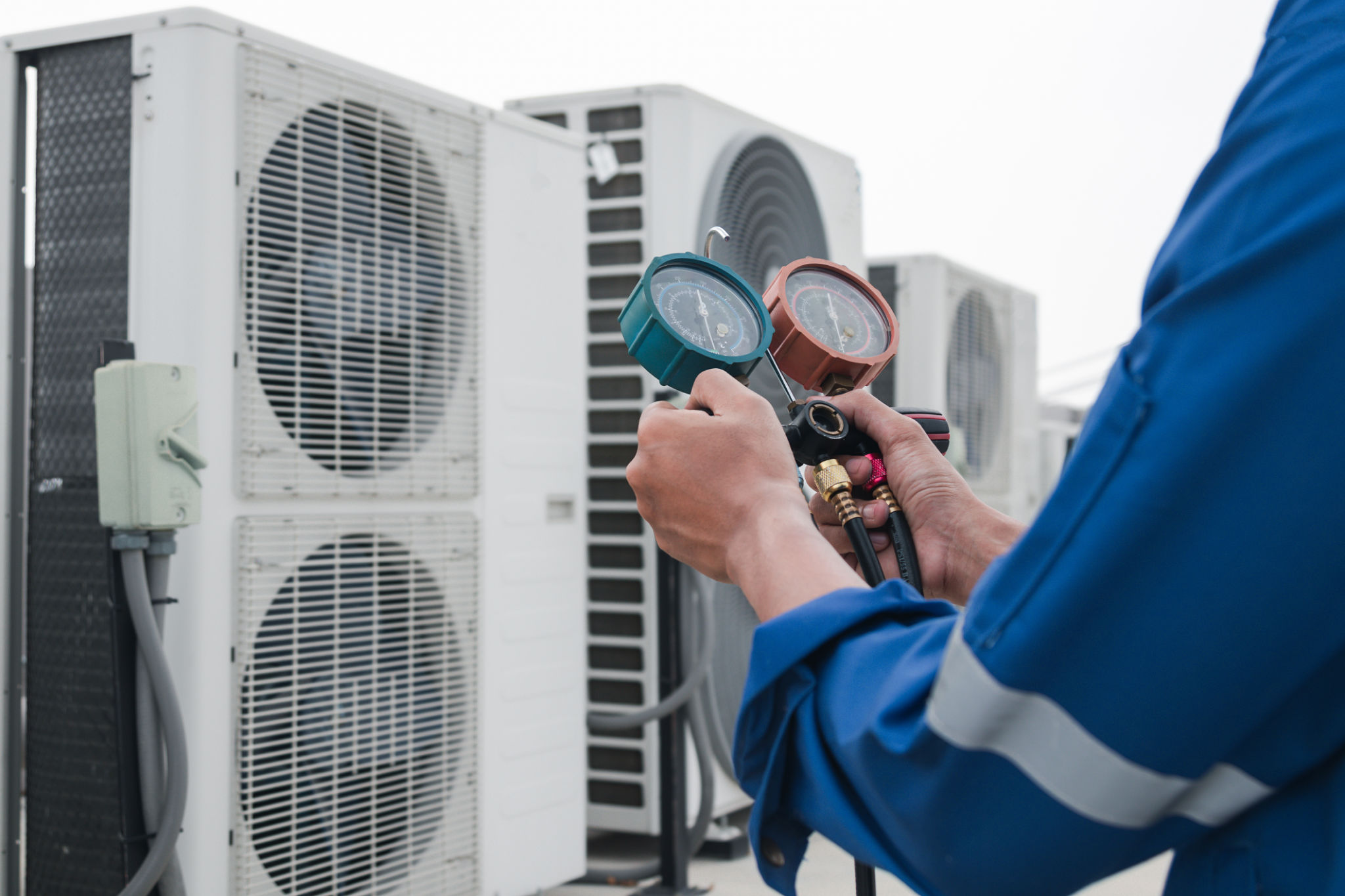Choosing the Right Commercial Air Conditioning System for Your Business
Understanding Your Business Needs
When it comes to selecting the right commercial air conditioning system, the first step is to thoroughly understand your business's specific needs. Factors such as the size of your space, the number of employees, and the type of industry can significantly influence your decision. For example, a tech company with numerous heat-producing devices might require a different system compared to a retail store.
Consideration of your geographical location is also crucial. Businesses in warmer climates may prioritize cooling efficiency, while those in milder regions might focus on energy-saving features. Understanding these needs will help narrow down your options and ensure you select a system that effectively supports your operations.

Types of Commercial Air Conditioning Systems
There are several types of commercial air conditioning systems available, each with its own set of advantages. The most common types include:
- Single-Split Systems: Ideal for smaller spaces, these systems allow for individual control over different areas but can be costly if you need to cover a large area.
- Multi-Split Systems: Suitable for medium-sized businesses, these systems connect multiple indoor units to one outdoor unit, offering flexibility and energy efficiency.
- Variable Refrigerant Flow (VRF) Systems: Best for larger buildings, VRF systems provide precise climate control and are highly energy-efficient.
- Chiller Systems: Often used in industrial settings, these systems are great for cooling large spaces and can be customized for specific needs.

Energy Efficiency and Cost Considerations
Energy efficiency is a critical factor when choosing a commercial air conditioning system. Not only does it impact your business's carbon footprint, but it also affects operational costs. Look for systems with high SEER (Seasonal Energy Efficiency Ratio) ratings, as they indicate better energy performance.
While upfront costs are important, it’s essential to consider long-term savings from energy-efficient systems. Many modern air conditioning units come equipped with smart technology that allows you to optimize energy use, providing both environmental benefits and cost savings over time.
Installation and Maintenance
Proper installation is key to ensuring the efficiency and longevity of your commercial air conditioning system. It's advisable to work with experienced professionals who understand the intricacies of commercial installations. Poor installation can lead to increased energy consumption and frequent maintenance issues.

Regular maintenance is equally important. Create a maintenance schedule that includes routine check-ups and timely servicing by certified technicians. This proactive approach can help prevent unexpected breakdowns and ensure your system operates at peak efficiency throughout its lifecycle.
Considering Future Expansion
When choosing an air conditioning system, it's prudent to think about future business growth. Opting for a scalable solution can save time and money in the long run. Systems that allow for easy expansion or modification will accommodate your business's evolving needs without requiring a complete overhaul.
Consulting with HVAC experts can provide valuable insights into scalable solutions that align with your anticipated growth trajectory. They can offer tailored recommendations based on your business plans and ensure that your chosen system is both future-proof and efficient.

Conclusion
Selecting the right commercial air conditioning system requires careful consideration of various factors including business needs, system types, energy efficiency, and future expansion plans. By taking a strategic approach and consulting with professionals, you can ensure that your investment not only meets current demands but also supports your business's growth and sustainability goals.